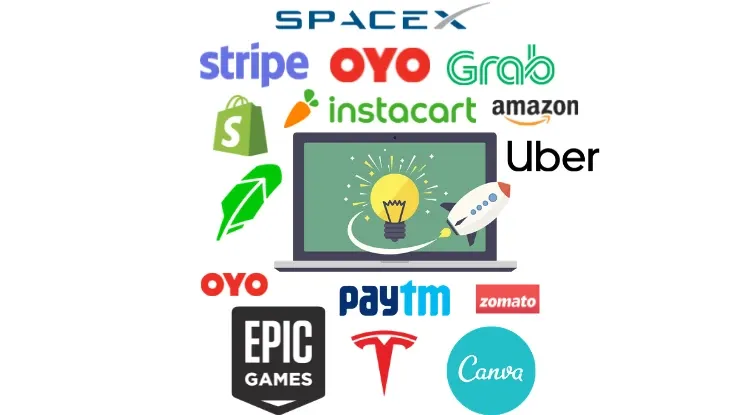



 Tech & IT
Tech & IT
 Business
Business
 Coding & Developer
Coding & Developer
 Finance & Accounting
Finance & Accounting
 Academics
Academics
 Office Applications
Office Applications
 Art & Design
Art & Design
 Marketing
Marketing
 Health & Wellness
Health & Wellness
 Sounds & Music
Sounds & Music
 Lifestyle
Lifestyle
 Photography
Photography
More Learnfly
Business Solution Become an InstructorA business plan is a comprehensive document outlining a company's objectives, strategies, market analysis, financial projections, and operational plans. It serves as a roadmap for business success, aiding in decision-making and attracting investors.

By : Mohamed Gamal
Lear how to read and create BIM Execution Plan (BIM For Contractor), The conclusion o...
4.8 999
16 lectures All Level

By : cpv .
Learn how to create a cash flow projection with a basic template for Excel/Google She...
4.6 76346
1:7:24 hrs 12 lectures Beginner Level












Learn more topics in various categories at one place. Explore unlimited courses in other categories and up-skill yourself today.

 Jazeb Akram
Jazeb Akram 4.2 771163 Beginner Level

 John Hedengren
John Hedengren 4.1 569070 All Level

 Ranjan Pandey
Ranjan Pandey 4.1 346736 All Level

 Muhammad Ahsan Pervaiz
Muhammad Ahsan Pervaiz 4.2 101344 All Level

 Pieter Vliegenthart
Pieter Vliegenthart 4.6 100923 All Level

 Jerome P.
Jerome P. 4.8 100892 All Level

 Senol Atac
Senol Atac 4.9 100114 All Level

 Vikas Munjal
Vikas Munjal 4.8 100071 Beginner Level

 Avinash A
Avinash A 4.8 100023 All Level

 Mohamed Hafis
Mohamed Hafis10 Lectures Beginner Level

 Mohamed Gamal
Mohamed Gamal16 Lectures Beginner Level
.png)
 Lee Mitchell
Lee Mitchell11 Lectures Beginner Level

 Navdeep Yadav
Navdeep Yadav30 Lectures Beginner Level

 cpv .
cpv .12 Lectures Beginner Level

 Hans Weemaes
Hans Weemaes7 Lectures Beginner Level

 Pieter Vliegenthart
Pieter Vliegenthart32 Lectures Beginner Level

 Hans Weemaes
Hans Weemaes14 Lectures Beginner Level
A business plan is a comprehensive document that outlines the goals, objectives, strategies, and financial projections of a business. It serves as a roadmap for entrepreneurs and organizations, providing a structured overview of how they intend to operate and achieve success.
A typical business plan includes sections on executive summary, business description, market analysis, organization and management structure, product or service offerings, marketing and sales strategies, funding requirements, and financial projections.
A business plan serves multiple purposes, including guiding decision-making, attracting investors or lenders, setting clear goals for the business, and providing a blueprint for operational and strategic activities. It helps communicate the business idea effectively to stakeholders.
For startups, a business plan often focuses on articulating the unique value proposition, addressing market needs, defining the target audience, and outlining a viable financial model. It is a crucial tool for securing funding and building a foundation for sustainable growth.
Business plans are dynamic documents that should be regularly reviewed and adapted. External factors, market conditions, and internal changes may require adjustments to the plan. A business plan that evolves with the business helps ensure relevance and agility in a competitive landscape.





